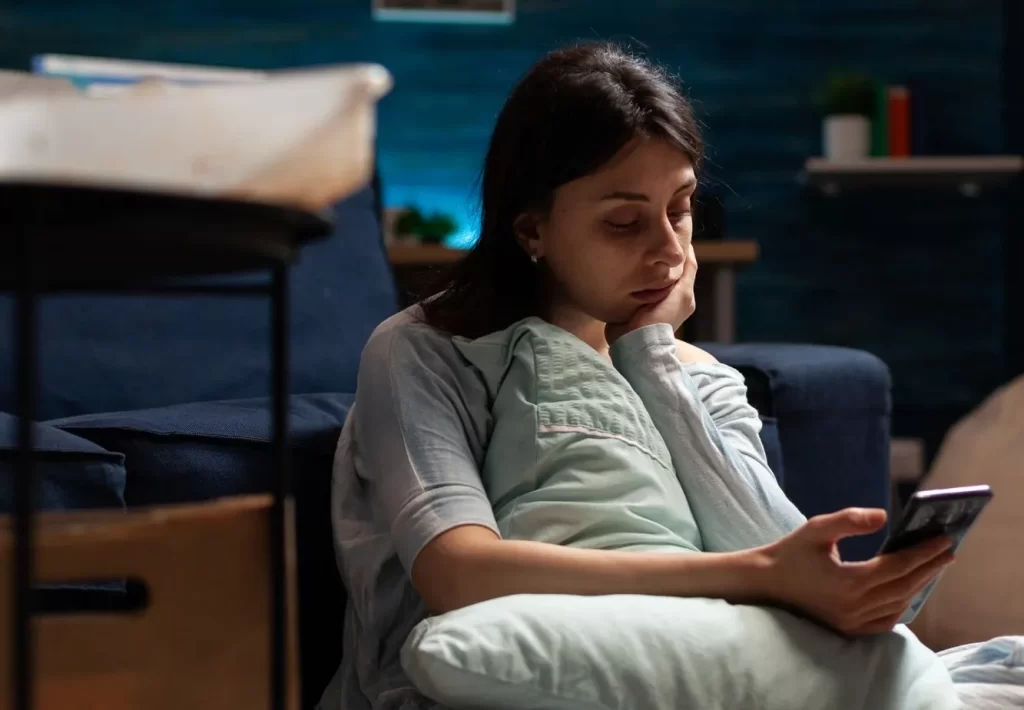In an age of ever-advancing technology, the relentless flow of information and constant connectivity through social media platforms have undeniably transformed the way we consume news. While this has had profound implications for our global awareness and ability to advocate for justice, it has also given rise to concerns about its impact on mental health. The exposure to graphic content, including war crimes, on social media platforms can have a lasting effect on individuals’ well-being. Nevertheless, many continue to use these platforms as a powerful tool to stand up for justice and support oppressed communities, fostering a sense of solidarity and empowerment.

The digital age has brought a new dimension to our understanding of war crimes and human rights abuses. The immediacy and ubiquity of social media allow for the rapid dissemination of images and stories from conflict zones, making it difficult to escape the harrowing realities of war. For many, this continuous exposure to violence can lead to anxiety, depression, and even post-traumatic stress disorder (PTSD). Witnessing images and videos of suffering, destruction, and loss can leave indelible marks on one’s mental health.
The 24/7 news cycle on social media can also be exhausting, leading to information overload and burnout. The constant barrage of distressing content can disrupt sleep, increase stress levels, and contribute to feelings of helplessness. It is essential for individuals to take measures to protect their mental well-being, such as limiting exposure to distressing content, seeking support from mental health professionals, and practicing self-care routines.
Despite the potential harm to individual mental health, people on social media continue to stand up for justice. This paradoxical situation highlights the power of these platforms to amplify voices, expose injustice, and mobilize support for marginalized communities. Social media has democratized activism, giving a voice to individuals who were previously unheard and ignored by mainstream media.
The rise of movements like #BlackLivesMatter, #MeToo, and #FreePalestine demonstrates the potential of social media to rally support for causes that may have been overlooked in the past. These platforms provide a global stage for oppressed countries and communities to share their stories, demand justice, and find solidarity with others who have experienced similar struggles. This sense of unity and empowerment can have a positive impact on mental health, as individuals feel connected to a larger community of advocates and allies.
Moreover, the power of social media extends beyond simply raising awareness. It has the capacity to hold perpetrators of war crimes and human rights abuses accountable by documenting evidence and providing a platform for truth-telling. In recent years, videos and photos shared on social media have played a pivotal role in bringing attention to war crimes in conflict zones, ultimately pressuring governments and international organizations to take action.

The power of social media also lies in its ability to mobilize resources and support for affected communities. Crowdfunding campaigns, humanitarian aid initiatives, and volunteer efforts are frequently organized through social media platforms, showing that these platforms are not just spaces for passive engagement but also channels for direct action.
In conclusion, the effects of war crimes and constant news on social media on one’s mental health cannot be underestimated. The continuous exposure to graphic content can lead to mental health challenges, but it has also fueled a new era of justice advocacy. The power of social media in amplifying marginalized voices, exposing injustices, and mobilizing support is a testament to its transformative potential. In a world where oppressed countries and communities can feel heard and less alone, social media continues to be a crucial tool for advancing justice and promoting a more equitable and compassionate world. It is up to individuals to strike a balance between staying informed and safeguarding their mental health while advocating for positive change in our interconnected global society.














